What do you think?
Rate this book
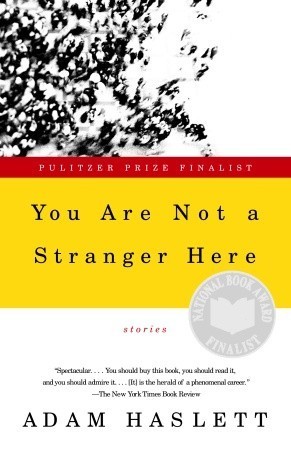

256 pages, Paperback
First published August 6, 2002
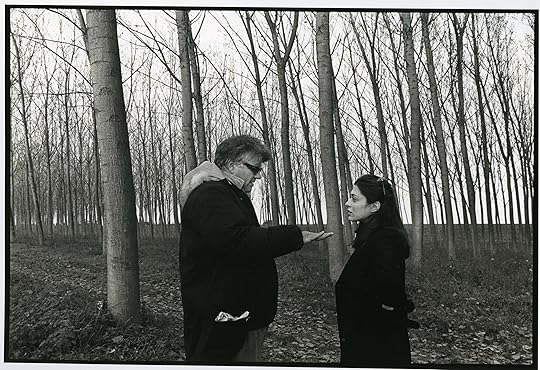
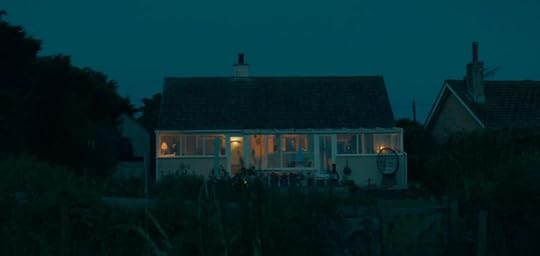
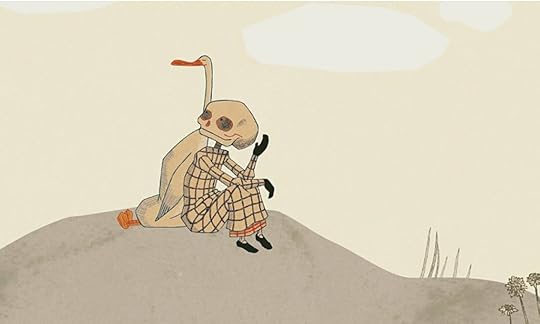

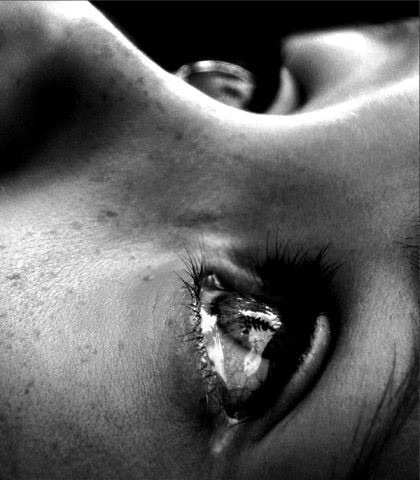
This idea of living your life as an elegy, inoculating yourself against the present. So much easier if you can see people as though they were just characters from a book. You can still spend time with them. But you have nothing to do with their fate. It’s all been decided. The present doesn’t really matter, it’s just the time you happen to be reading about them. Which makes everything easier.*